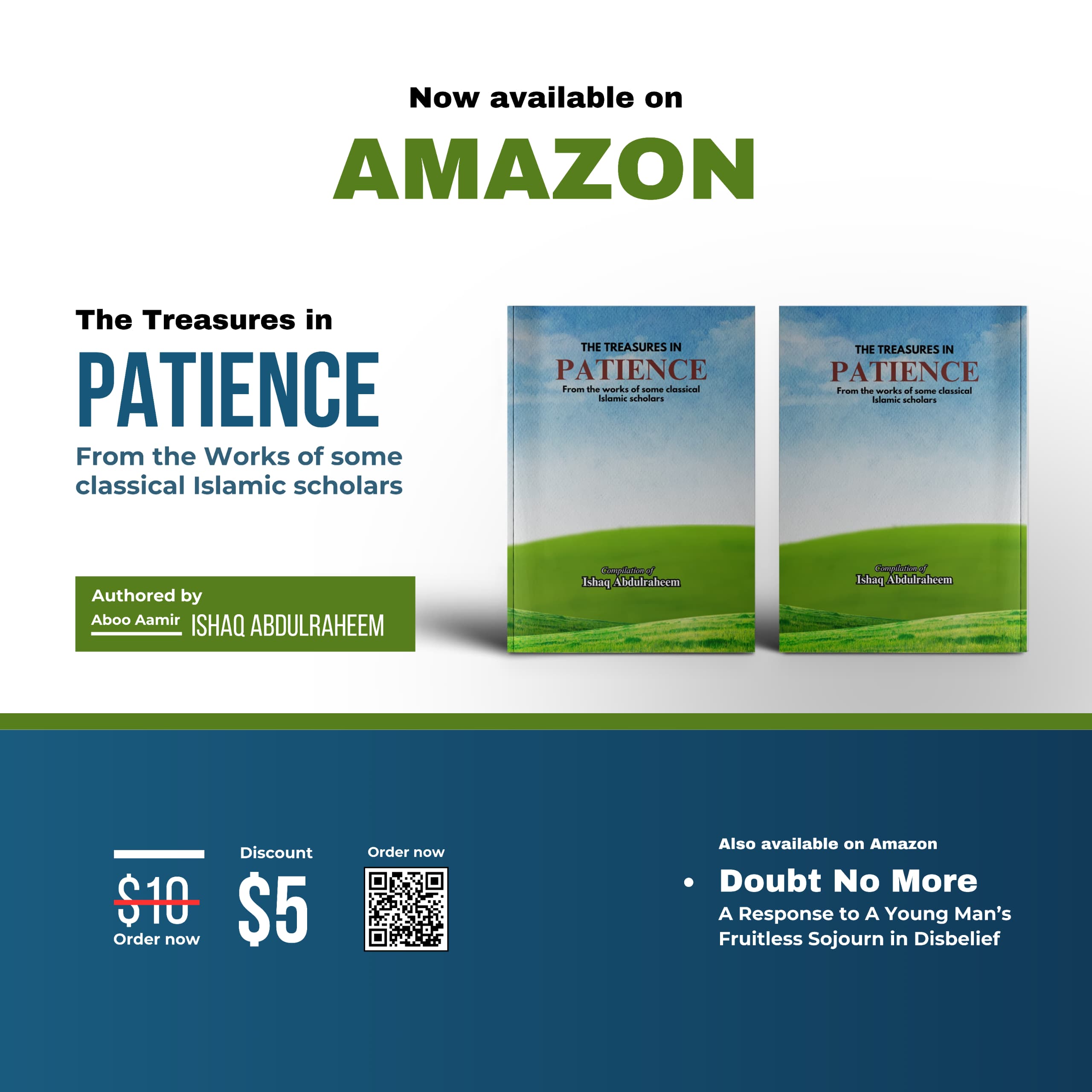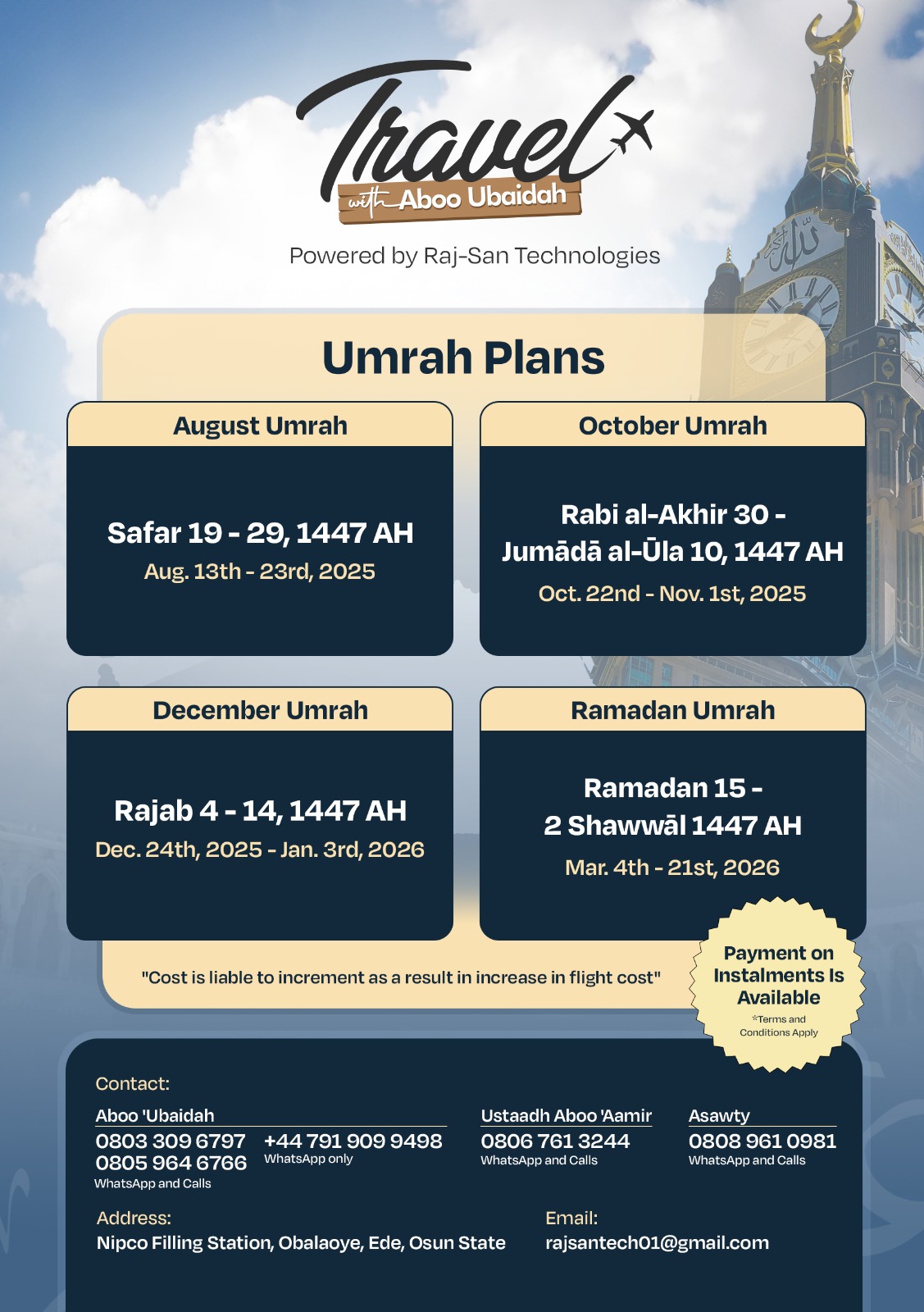Part Three (a)
Ùصل: الأقوال ÙÙŠ أن الإلزام بالتبديع ليس إلا ÙÙŠ المجمع عليه
Exposulating Facts That Forcing Others to Go By Tabdee Verdict Is With Regards To Individuals Scholars Agree Upon
Ù¡. قال شيخ الإسلام ابن تيمية - رØمه الله - : "والمقصود هنا التمثيل بالØديث الذي يروى ÙÙŠ (الصØÙŠØ) - يعني Ùيما ØµØ - وينازع Ùيه بعض العلماء، وأنه قد يكون Ø§Ù„Ø±Ø§Ø¬Ø ØªØ§Ø±Ø©ØŒ وتارة المرجوØ. ومثل هذا من موارد الاجتهاد ÙÙŠ تصØÙŠØ Ø§Ù„Øديث - كموارد الإجتهاد ÙÙŠ الأØكام -. وأما ما اتÙÙ‚ العلماء على صØته؛ Ùهو مثل ما اتÙÙ‚ عليه العلماء ÙÙŠ الأØكام، وهذا لا يكون إلا صدقا." (مجموع الÙتاوى[ ٢٢/١٨] )
1. Shaykhul Islam Ibn Taymiyyah - rahimahullah - said:
'The intention here is about a hadeeth recorded in the Saheeh - that is, as it is correct - while scholars differ about it, this may be ponpenderant sometimes and it may not some other times. The like of this is an example of matters of Ijtihaad in declaring hadeeth as authentic - same as matters of Ijithaad in Islamic rulings -. As for what scholars agreed as to its being authentic, then it goes like the one jurists agreed upon in Islamic rulings, such matters cannot be less than the truth.'
Majmoo al-Fatawa 18/22
Ù¢. قال الإمام الذهبي -رØمه الله-: "وبكل Øال، كلام الأقران بعضهم ÙÙŠ بعض ÙŠØتمل، وطيه أولى من بثه، إلا أن يتÙÙ‚ المتعاصرون على Ø¬Ø±Ø Ø´ÙŠØ® Ùيعتمد قولهم، والله أعلم." (سير أعلام النبلاء،[ ٤٣٢/١١] )
2. Al-Imaam Adh-Dhahabi (1) - rahimahullah - said:
'In anyway, words of the contemporaries against one another can have underlining meanings, not giving concerns to such words is better than paying attention to them, except when scholars of the same era agree upon the disparagement of a particular scholar, then their word should be held to. Allaah knows better.'
Siyar a'laam an-Nubalaa 11/432
Ù£. وقال - رØمه الله -: "وإذا اتÙقوا على تعديل، أو تجريØØŒ Ùتمسك به." (السير:[ ٨٢/١١] )
3. He (Al-Imaam Adh-Dhahabi) also said - rahimahullah -
'Whenever they (scholars) agree upon the praise or dispraise (of an individual) hold to it.'
Siyar A'laam an-Nubalaa 11/83
Ù¤. سئل Ùضيلة الشيخ عبد الله العبيلان -رØمه الله-: "ما رأيكم ÙÙŠ امتØان الناس وإلزام طلبة العلم بقول العلماء ÙÙŠ ØªØ¬Ø±ÙŠØ Ù„Ù„Ø£Ø´Ø®Ø§ØµØŒ أو غيرها من القضايا الخلاÙية بين أهل السنة؟"
Ùأجاب رØمه الله-: "هذا Ùيه تÙصيل؛ أما إن كان المتكلم Ùيه من أئمة البدع والذي لا يختل٠أهل السنة Ùيه، Ùيجب على المسلم أن يعتقد Ùيه ما اعتقده أهل السنة، وإلا خرج من سبيلهم -إن كان عنده علم-ØŒ وأما إذا كان المتكلم Ùيه من أهل السنة ووقع ÙÙŠ خطأ ÙÙŠ العلم يعتقد بعض أهل السنة أنه مخرج له من السنة؛ Ùهذا لا يلزم من لم يتبين له ذلك أو رأى خلاÙÙ‡ أن يقلد Ùيه غيره، ومن اعتقد لزوم ذلك لكل مسلم Ùقد شاق الله ورسوله -صلى الله عليه وسلم-Ø› Ùإن الØÙ‚ المطلق والولاء المطلق لا يكون إلا لرسول الله - عليه السلام- ØŒ قيل لابن عباس: أنت على ملة علي أو عثمان؟ Ùقال بل أنا على ملة رسول الله -عليه السلام-..." (Ùتاوى على موقع الشيخ على الإنترنت)
4. The Honourable Shaykh Abdullah al-Ubaylaan was asked:
'What is your view regarding testing people and forcing students of knowledge on the words of scholars with respect to disparagement of some individuals or other matters of differences between the People of Sunnah?'
He answered:
'This requires some elaboration, if the person being disparaged is from the heads of innovations whom the People of Sunnah do not differ about, it is imperative on the Muslim to be upon the thought of the people of Sunnah about such a person otherwise he (that Muslim) would be off their path, if he has some knowledge with him. However if the individual being disparaged is from among the People of Sunnah but fell into an error of knowledge whereby some People of Sunnah believe that error has taken him away from the Sunnah, this thought will not be binding on whoever is not convinced or has a different view or follows the view of a different scholar. Whoever (among the scholars) believes that it is imperative on every Muslim (to see that Sunnah individual as a deviant) has opposed Allaah and His Messenger - sallallahu alayhi wa sallam. This is because the Absolute Truth and Absolute Allegiance is for the person of the Messenger of Allaah - sallallahu alayhi wa sallam. It was said to Ibn Abbaas - radiyallahu anhuma - 'Are you on the path of Alee or the path of Uthman?' He replied: 'I am rather on the path of the Messenger of Allaah - sallallahu alayhi wa sallam...'
Culled by the compiler from the Shaykh's Fatawa on his website
Translator's Note:
(1) He is Abu Abdillaah Shamsudeen Muhammad bn Ahmad bn Uthman Adh-Dhahabi. A vast scholar who travelled far and wide. An expert of hadeeth, its chains of narrators and historian. He also had a good footing in Qur'aan studies such as Qiraa'aat. He was the author of the popular Siyar A'laam an-Nubalaa (The History of Great Noble Men and Women). He lived in Damascus and learnt from erudite scholars such as Ibn Taymiyyah and Abul Hajjaaj al-Mizee. He was born 673 Hijrah and died 748 Hijrah. May Allaah bestow mercy on him.
Click here for Part Three (b)

